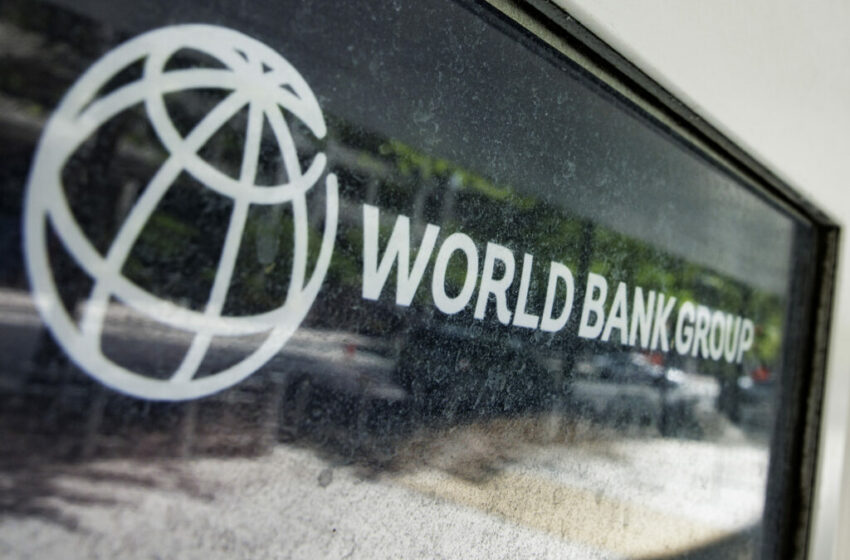
The World Bank Warns of a Tougher Road Ahead for Developing Economies
The World Bank has issued a warning that developing economies will face a tougher time ahead, as global growth struggles to boost living standards and a climate of high policy uncertainty deters advanced-nation investment in poorer countries.
The anti-poverty lender warned in its latest Global Economic Prospects report that the long-term growth outlook for developing economies is the weakest since the start of this century. The report estimates that too few nations will climb from low-income to middle-income status in the next 25 years, leaving hundreds of millions of people mired in extreme poverty, hunger, and malnutrition.
Challenges Facing Developing Economies
The report points out that most developing nations face significant challenges, including weak investment and productivity improvements, ageing populations, and environmental crises. The global economy also faces further challenges from trade policy shifts and geopolitical tensions, according to the bank.
Russia’s war in Ukraine since 2022 and Israel’s fight against Hamas and Hezbollah since last year have disrupted commodities and supply chains, while growing competition between the US and China has created stresses in global trade. The bank notes that emerging-market and developing economies, including China, India, and Brazil, contributed about 60% of global growth since 2000. However, they now face external threats from protectionist measures and geopolitical fragmentation, as well as roadblocks in implementing structural reforms.
The Struggle to Achieve Middle-Income Status
The pace has stalled for low-income countries to achieve middle-income status, with only 39 countries “graduating” since 2000. There are still 26 stagnating countries, held back by anemic growth, violence, and conflict, and the escalating impacts of climate change. The report warns that developing economies should have no illusions about the struggle ahead, as the next 25 years will be a tougher slog than the last 25.
According to World Bank Chief Economist Indermit Gill, developing economies began the century on a trajectory to close the income gap with the wealthiest economies, but are now falling farther behind. The report estimates that the world economy will grow at 2.7% this year and next, below the 3.1% average before the Covid-19 pandemic.
The World Bank’s latest Global Economic Prospects report highlights the need for developing economies to implement structural reforms and address external threats in order to achieve robust growth and boost living standards.
ADVERTISEMENT
CONTINUE READING BELOW
ADVERTISEMENT:
CONTINUE READING BELOW
Action Required to Address the Challenges
The report emphasizes the need for coordinated international action to address the challenges facing developing economies. This includes implementing structural reforms, improving governance, and promoting investment. The World Bank also recommends that developing economies prioritize investments in human capital, such as education and healthcare, to boost productivity and improve living standards.
The World Bank’s latest Global Economic Prospects report provides a stark warning about the challenges facing developing economies. As the report notes, developing economies will face a tougher road ahead, and it will be crucial for them to implement reforms, invest in human capital, and address external threats in order to achieve robust growth and boost living standards.
Follow Moneyweb’s in-depth finance and business news on WhatsApp here.
World Bank Chief Economist Indermit Gill has emphasized that developing economies should have no illusions about the struggle ahead, as the next 25 years will be a tougher slog than the last 25. The World Bank’s latest Global Economic Prospects report highlights the need for coordinated international action to address the challenges facing developing economies.
Copyright 2025 Bloomberg




